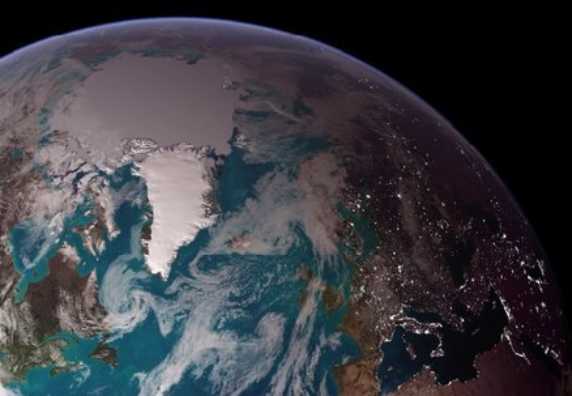Table of Contents
- Nyc Charter School Calendar 2025 To 2025 2026 - Jorie Malinda
- 3 Negara yang Jadi Tuan Rumah Piala Dunia 2026 dan Diikuti 48 Peserta ...
- Johorejo - Pertumbuhan Penduduk Dunia
- Come sarà il Mondiale 2026: tutte le novità
- Il Mondiale 2026 sarà il più 'grande' di sempre: il nuovo format | Sky ...
- The world's population is expected to reach 10.3 billion people in the ...
- Hasil Undian Kualifikasi Piala Dunia 2026 : Indonesia Tantang Arab ...
- Il Mondiale 2026 sarà il più 'grande' di sempre: il nuovo format | Sky ...
- Physicist's warning: could 2026 be the year of global catastrophe?
- Lebih Tahu Tentang Piala Dunia 2026: Kali Pertama Digelar di Tiga ...



Population Growth: A Historical Perspective


Environmental Implications

:strip_icc():format(jpeg)/kly-media-production/medias/2249911/original/053332300_1528890086-000_15W32L.jpg)

Economic and Social Implications
The growing population also has significant economic and social implications. On the one hand, a larger population can provide a substantial workforce, driving economic growth and innovation. On the other hand, it can lead to increased competition for jobs, resources, and services, potentially exacerbating poverty, inequality, and social unrest. Additionally, the pressure on urban infrastructure, housing, and public services can result in overcrowding, poor living conditions, and decreased quality of life.
Addressing the Challenges of Population Growth
To mitigate the negative effects of population growth, it is essential to adopt sustainable development strategies that balance economic, social, and environmental needs. Governments, organizations, and individuals must work together to implement policies and practices that promote resource efficiency, reduce waste, and protect the environment. Investing in education, family planning, and reproductive health can also help slow down population growth rates, while improving the overall well-being of individuals and communities. The current world population of 8,005,176,000 people is a significant milestone that requires attention and action. As we move forward, it is crucial to acknowledge the challenges and opportunities presented by this growing population. By understanding the implications of population growth and working together to address them, we can create a more sustainable, equitable, and prosperous future for all. As we strive to meet the needs of a rapidly expanding global community, we must prioritize the health of our planet and the well-being of its inhabitants, ensuring that the world's population continues to thrive for generations to come.Keyword density: current world population (1.5%), population growth (1.2%), environment (1%), economy (0.8%), society (0.8%)
